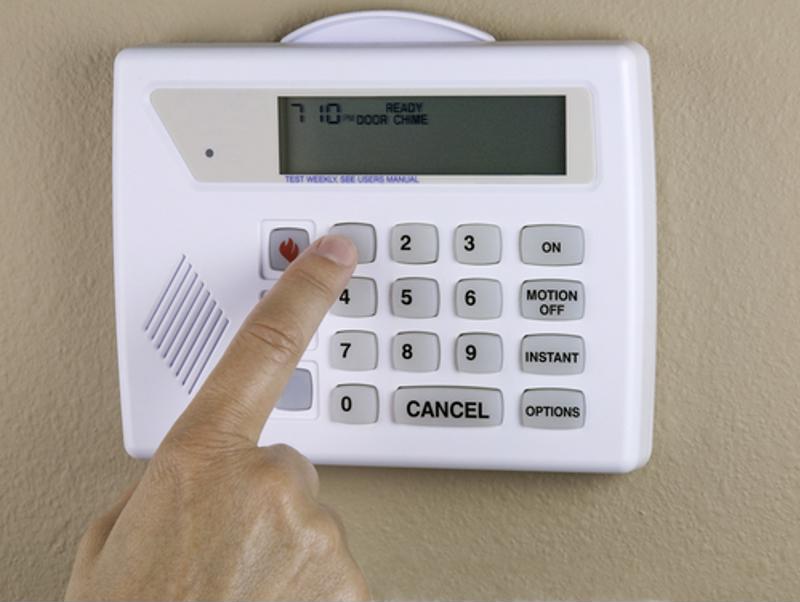When a customer shops for a security dealer, he or she will probably come to the table with a variety of questions. If clients don’t, you want to encourage them to learn as much as they can about your company and its products so consumers can make an informed decision. Here are five questions customers should have and how you should answer their inquiries:
1. What are your qualifications?
Anytime customers begin an ongoing business association with a company, they want to find a partner they can trust. The Federal Trade Commission advised customers to make sure a small business is bonded, licensed and insured. Potential clients should also ask whether the security dealer provides monitoring and equipment or if the business uses a third party for services.
Hopefully, customers will do some research before they contact you. You should have plenty of content online and in other easy-to-find locations. Your business should have educational materials about your success and history in the community. You must have this information available every time you meet a potential client.
Remember, recommendations from friends and family are the best form of advertising. If you provide excellent service to all your clients, it helps you look like an authority to new leads.
2. What type of technology is available?
Some customers know exactly what kind of product they want, others only recognize security systems from spy movies. You must have detailed white papers and pamphlets about each piece of equipment you offer. Every employee should be able to answer consumer questions and make recommendations based on customer needs.
Try to avoid hyperbole. Instead you can offer concrete examples of how the security option functions. You should have numbers describing typical response time, sensor power needs and false alarm procedures. You may have to demonstrate the equipment to customers and discuss the possibility of different brands.
 Companies should walk customers through the system programming process.
Companies should walk customers through the system programming process.3. What’s the plan for long term service?
Security customers aren’t just making a one-time purchase; they acquire equipment for possible lifetime use. Consumers should have questions about warranties and service contracts. ProMatcher, a professional service resource, suggested alarm shoppers check their contracts for terms discussing installation, repair, relocation and cancelation.
You don’t want to hide service details in the fine print or you’ll probably have an argument the first time a new customer requests help. Instead, you should say exactly what happens during service calls and who will perform the procedures. You can outfit service agents with mobile software, so each employee knows the terms individual consumers agreed to.
4. How much will it cost?
You should assume potential customers will competitively price their options. When describing your services, you have to discuss the finances behind each product and procedure. If consumers look at multiple companies, you can stand behind your prices by showing where their money goes.
Flexible payment plans help convince hesitant shoppers. Finding a solution that works for both you and the client gets the partnership off on the right foot. Alarm billing software captures the details of unique contracts and keeps the terms constant. Try promoting technological solutions to typical payment pain points.
Explain every financial aspect of the contract; installation cost, monitoring fees and possible false alarm penalties. Consumers should also be informed of what a security system can save them on home insurance, according to Daily Finance.
5. Do you have any security advice?
If you perform an on-premise inspection of the possible customer’s home, you should offer other suggestions to keep the building safe. You should communicate pieces of advice that don’t necessarily translate to sales, including locking doors, keeping lights on and having mail picked up while on vacation. When you show an investment in a customer’s happiness and security, you demonstrate your potential as a committed partner.
